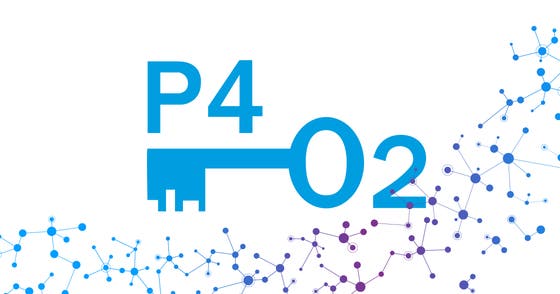Sep 30: Research into development of lung damage and chronic complaints after COVID-19

Many patients who have had COVID-19 continue to have health complaints for a long period of time. The long-term effects of the damage caused by the virus and the body's response to it is unclear. The Dutch consortium Precision Medicine for more Oxygen (P4O2), in which UMC Utrecht participates, will investigate how these complaints develop and which factors can predict them in future patients.
Currently, both hospital patients and patients who have consulted their GP after remaining ill for a long time after recovering from COVID-19, will be referred to a post-corona clinic. In this clinic, lung function tests, CT scans, questionnaires and laboratory tests will be performed. The P4O2 researchers add a number of new tests to the original tests. One hundred middle-aged patients, who visit the clinic approximately 3 to 12 months after their initial recovery from COVID-19, will get tests which are already used in other renowned scientific research.
Map the exposome
Utrecht researchers, involved in the Utrecht Exposome Hub, are mapping the exposome of the patients. Our health is shaped by environmental factors that we humans are exposed to on a daily basis: what we eat, the air we breathe, our social interactions and lifestyle choices such as smoking and exercising. The sum of all these environmental drivers of health and diseases is called the exposome. To map the exposome, patients receive devices that measure the extent to which they are exposed to external factors and keep track of their physical activity. An example is a wristband that soaks up chemicals from the environment. Participants will also be offered an intervention focused on nutrition and physical activity that is expected to have a beneficial effect on quality of life.
State-of-the-art measurements
CT scans, which are part of standard care, will be analyzed by researchers of the UMC Utrecht. They look at body composition, lung abnormalities and abnormalities in the lung vessels and airways. Researcher and radiologist dr. Firdaus Mohamed Hoesein explains that they do this using advanced artificial intelligence techniques. "We want to detect subtle signs of the disease at an early stage. Unfortunately, a visual assessment of the CT will not be able to pick up subtle changes. Artificial intelligence techniques may offer a solution as they offer unbiased analyses of the CT data."
Also, additional biological samples will be taken to perform various –omics measurements (a method to very extensively map biological and chemical process, for example, gene regulation, metabolism, or bacteria in the body) to gain insight into possible differences in the biological response of patients with long-term complaints. With the help of experimental cell models, laboratory research will help to identify factors and mechanisms that predict a more serious course of disease. Using big-data analysis, a pattern will be sought in the data that predicts who is susceptible to developing chronic complaints after the disease in future patients.
About the consortium
The P4O2 consortium originated from the National Program for Lung Research. The Netherlands Respiratory Society (NRS) developed this together with other lung associations, researchers, healthcare professionals, patients, and companies to generate more attention for lung diseases and to improve cooperation between lung researchers in the Netherlands. Collaboration with industry will promote implementation of the acquired knowledge.
The consortium is coordinated by prof. dr. Anke-Hilse Maitland-van der Zee from Amsterdam UMC. The following partners are also part of the consortium: UMCG, UMC Utrecht, Utrecht University, Maastricht University and Maastricht UMC+, Boehringer Ingelheim, Breathomix, Fluidda, Novartis, Ortec Logiqcare, Philips, Quantib-U, Smartfish, SODAQ, Thirona, and TopMD. The project is co-funded by the PPP Allowance made available by Health~Holland, Top Sector Life Sciences & Health, to stimulate public-private partnerships.
Text: courtesy of Utrecht University
